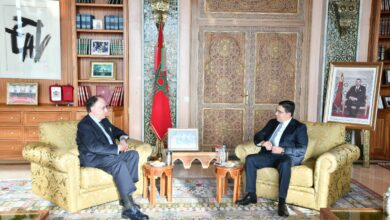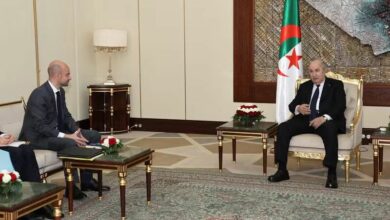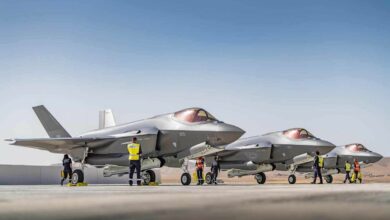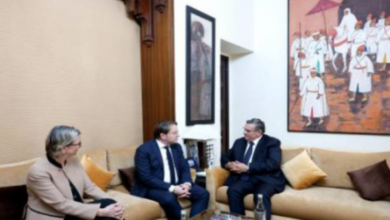Moroccan Sahara: Jacob Zuma’s Party’s Support for the Moroccan Autonomy Plan Draws Attention from Italian Media

ALDAR / Meryem Hafiani
The announcement by the South African party Umkhonto we Sizwe (MK), to which former President Jacob Zuma belongs, expressing clear support for Morocco’s autonomy initiative as a solution to the Sahara conflict, has attracted considerable attention from Italian media outlets.



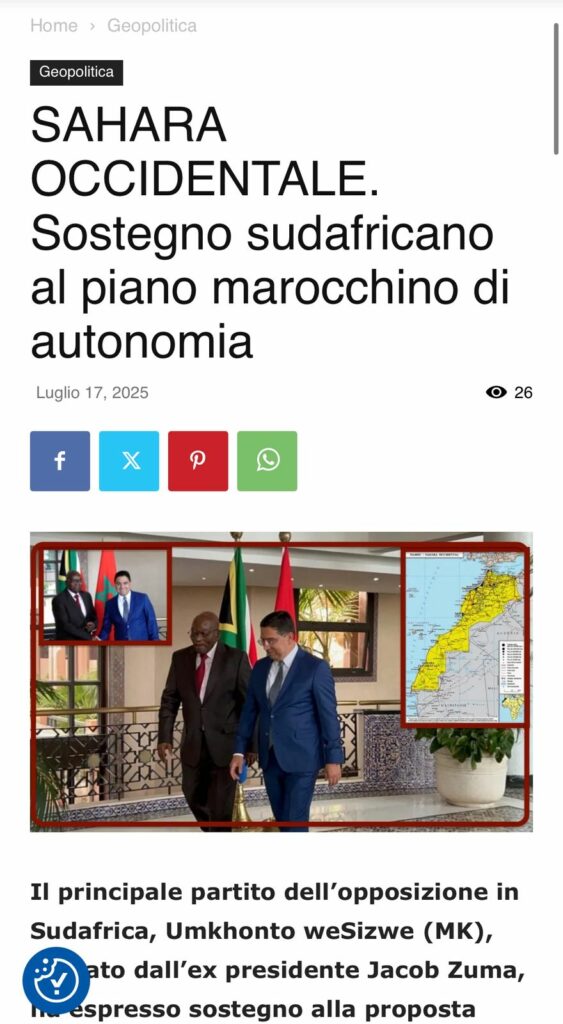
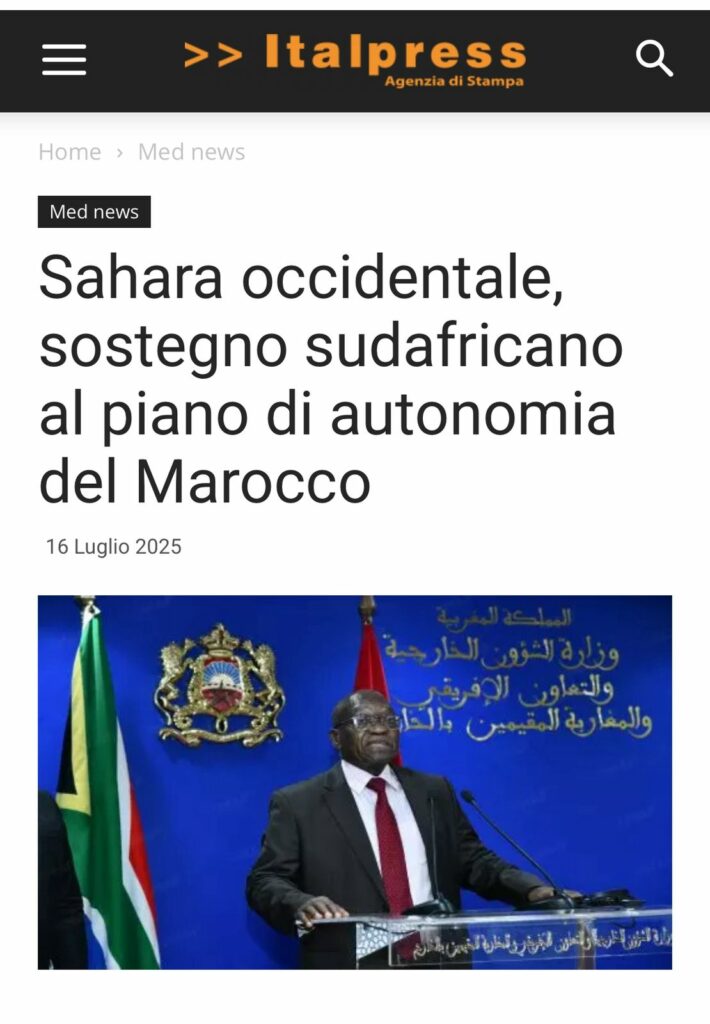
Several Italian news platforms dedicated articles and reports to this political stance, describing it as “unexpected” and “supportive of Morocco’s realistic vision,” especially given the traditional alignment of some South African factions with separatist narratives.
Italpress highlighted this shift, viewing the South African endorsement of the Moroccan proposal as a significant development within one of South Africa’s prominent political movements. The agency also cited MK party leaders who stated that “Morocco and the Sahara have always been one country before colonial powers divided them.”
Meanwhile, AGCNews reported that this new position reflects a growing awareness across Africa that Morocco’s autonomy initiative—proposed in 2007—is the only practical and viable framework to resolve the dispute. The agency noted that MK has called for moving beyond outdated ideological approaches.
Insidertrend described the support as “a strong political message” directed at the international community, emphasizing that influential political forces in South Africa are beginning to reconsider their historical positions on the issue.
Similarly, GEA Agency and AlmaNews24 published aligned reports stating that Jacob Zuma’s party’s support indicates a gradual shift in African attitudes regarding the Sahara issue. They asserted that this position strengthens the international momentum backing Morocco’s autonomy plan under its sovereignty—a peaceful and realistic solution endorsed by an increasing number of countries.
This media attention in Italy toward the South African party’s new position reflects the growing geopolitical importance of the Moroccan Sahara issue, as well as the strategic role that the autonomy initiative plays in reshaping viable solutions at both the African and international levels.

